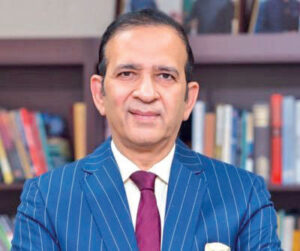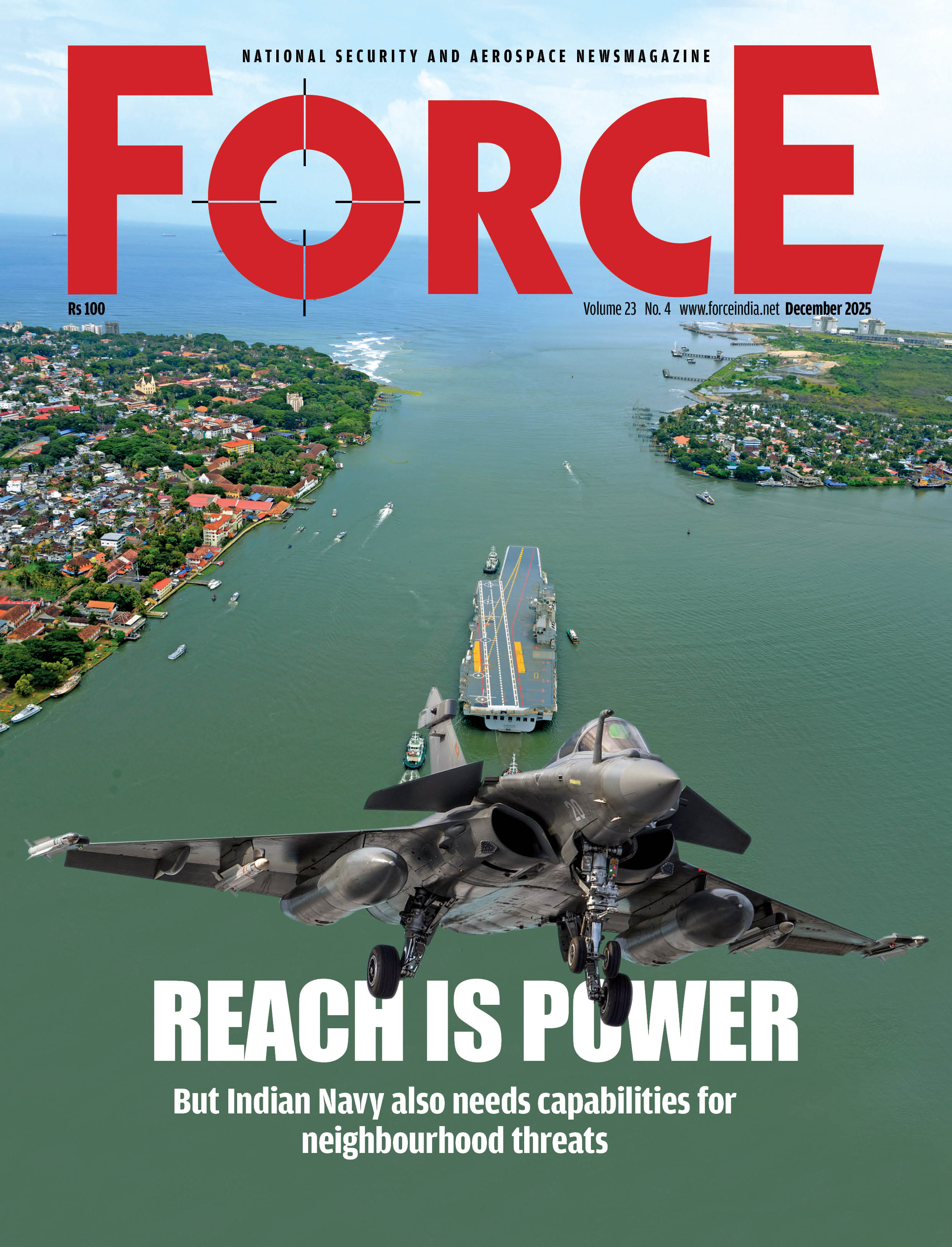I think we were too soft on Pakistan in the 1980s when it supported terrorism in Punjab. A tougher military response could have prevented some of the terrorism we faced in Kashmir
Ambassador Ajay Bisaria, author of Anger Management: The Troubled Diplomatic Relationship Between India and Pakistan

Given the political and public roller-coaster of India-Pakistan ties, how critical is the role of diplomats? Do personal equations of diplomats help in the management of ties?
Several factors go into determining the roller-coaster trajectory of bilateral India-Pakistan ties. I have argued in my book that while leadership, geopolitics, and structural factors have mattered, the role of diplomats on the margins did affect the course of Indo-Pak events, given that they had significant agency and influence. This influence of diplomatic actors can become particularly pronounced at some critical points in history. For instance, Indian high commissioner Rajeshwar Dayal in the 1950s got Nehru to hold his nose and deal with a Pakistani dictator, Ayub Khan.
For Pakistan, its high commissioner in Delhi, Jehangir Qazi, made another dictator, Musharraf, palatable to Advani at the turn of the century and got him an invitation to Agra. Satinder Lambah’s backchannel (2005-2008) could have produced a path-breaking document on Kashmir if Musharraf had not burnt out. Diplomacy and diplomats do matter.
In my book, I also point out that diplomat P.N. Haksar’s counsel to Indira Gandhi at critical junctures was what made her a taller leader, particularly in 1971. That was perhaps the finest hour for India’s diplomacy (as also for its military and political capability, as some scholars, including the late diplomat Chandrashekhar Dasgupta, have pointed out). I have highlighted the role of three key diplomats that year: Haksar (guiding Indira Gandhi in Delhi), Brajesh Mishra, (in Beijing, interpreting Mao’s smile) and D.P. Dhar (in Moscow, bringing the Indo-Soviet treaty to fruition).
Not every policy question on our appr
Subscribe To Force
Fuel Fearless Journalism with Your Yearly Subscription
SUBSCRIBE NOW
We don’t tell you how to do your job…
But we put the environment in which you do your job in perspective, so that when you step out you do so with the complete picture.







